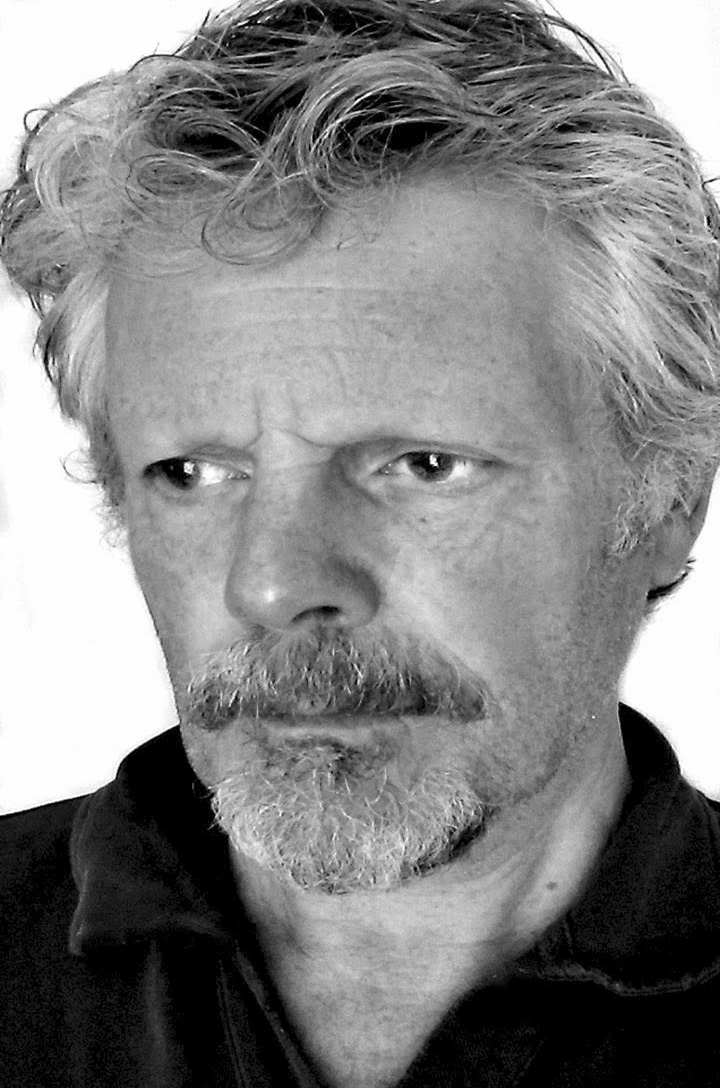
A View From Brigstow
When I first moved to Bristol one of the things I found attractive about the place was that it had its own cultural identity, certainly as far as theatre is concerned, which owed little or nothing to what was going on in London. Certainly productions tour on their way into or after having had a run in London, but what I’m getting at is that it doesn’t wait patiently for London’s cast-offs and is quite happy with its own, home grown output, be it from the Old Vic, the Tobacco Factory or one of the numerous fringe theatres which offer the chance for new writers to get their work before an eager public. Add to the theatrical mix those near neighbours in Bath (a few minutes on the train) and Cheltenham just up the motorway and you’d need to be a particularly curmudgeonly old fart to say there was nothing to do on any given night of the week – at least with any conviction.
The thing about all this that warms the cockles is that the whole thing is kept going by people who care, usually passionately, about theatre and what it can do – where it sits in the scheme of things. At one end, folk, still suffering from the writers’ cramp they contracted whilst slumped over a midnight laptop, hastily completing a final thesis and who now really do have better things to do on a Monday night, are it seems, still enamoured enough with the medium to forgo some of life’s more venal pleasures as they put a hesitant first foot on a very precarious rung. It’s a brave thing to do; there’s no guarantee there will be a next rung or anything else one could point at and call a job. Old hands will cry, ‘it was ever thus!’ and of course they’re right. In that sense it ought to be a pin-up job for the Right – no one has or believes they have a right to a (theatre) job which will only result from, as it were, getting on bikes, hard graft and luck.
The high standard of work in the theatre in Britain is in no small part due to the fact that at any given time most of the profession are out of work, because the pool of talent is vast. If there were only one drama school turning out twenty odd actors a year we’d soon get bored with their smug faces and you couldn’t guarantee they’d all be any good. So, paradoxically, the business needs out of work actors (and the rest) and consequently everyone wins (except the out of work actors). The future, we may conclude, has prospects.
And so we ply our trade, we few reviewers, avatars for the public taste, seeking anonymity amongst the throng of family and mates of the casts, writers and directors who dutifully turn out in support. Seduced into various darkened rooms (where punters get in for the mere price of a pint) in order that the company can practise their inchoate arts and experience that special thrill which comes from earning a crust by ones own creativity.
Yet in the same way in which producers need to take the odd risk (‘four for the box office, one for art,’ as the old adage has it) so do the theatre going public. Sometimes, it has to be said, the quality of acting falls short of the required standard; sometimes the writing is little more than a jumble of words whipped unwillingly onto the playwright’s current hobby-horse and (in the interests of equality) the occasional director appears not to know that characters need to relate to each other on the stage. But, sometimes (and thankfully often) something gleams in the dark; a raw gem that sparkles of itself and encourages our belief that further treasures await. Perhaps a writer who, as Tynan describes Wesker, ‘thinks internationally, yet feels domestically’, or a director who understands instinctively the dynamics of an empty space. These are the talents, no less than the proven masters, who give substance to that indefinable character that make our city sui generis.
© Graham Wyles. All rights reserved. No reproduction in part or in whole without prior permission.

